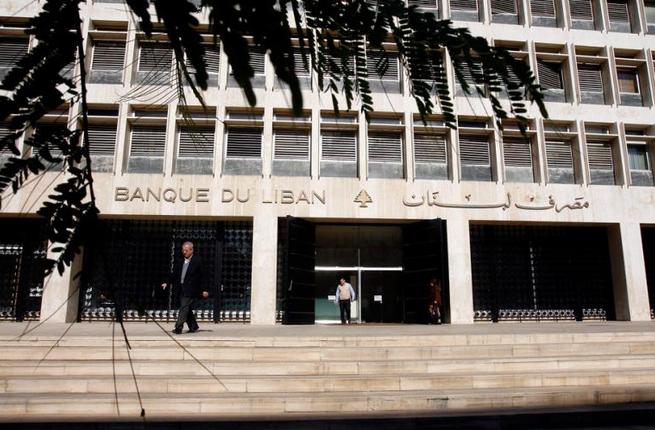
daily star.com.lb
International correspondent banks and depositors will be the first to rejoice following an announcement by a financial watchdog that Lebanon is no longer under the surveillance, bankers said Monday. “Of course this is very good news for Lebanon and the banking sector. Our banks have shown commitment in complying with all international rules and requirements to combat money laundering and terrorism funding,” Markam Sader, the secretary general of the Association of Banks in Lebanon, told The Daily Star.
Other bankers also stressed that the decision to lift the surveillance on Lebanon is not surprising, noting that banks have earnestly pursued upgrading their compliance departments without hesitation.
The Financial Action Task Force Sunday announced that Lebanon has fully complied with all requirements to combat money laundering and terrorism financing.
Central Bank Governor Riad Salameh declared that the FATF, an international standard-setting body against money laundering and terrorist financing, has issued a final statement in which it asserts that Lebanon complies with all the legal and implementation requirements in terms of fighting money laundering, terrorist financing and weapons of mass destruction, and that it will not be submitted to any surveillance or follow-up.
“This positive development results from the adoption of the required laws by the Lebanese Parliament and government in October 2015, and from the circulars issued by the Central Bank. As such, Lebanon shall stay integrated in the financial globalization, which positively impacts the economic situation,” Salameh said in a statement.
The statement added that the FATF, which has adopted recommendations on combating money laundering, terror financing and the proliferation of weapons of mass destruction, placed 22 jurisdictions under surveillance in October 2015.
“However, following the plenary of February 2016, only 15 jurisdictions remain under surveillance, of which some [are] G-20 member-states. Accordingly, the FATF has lifted its surveillance off seven jurisdictions, including Lebanon,” it added.
“The FATF report will further improve the image of Lebanon and the banking sector, and will give the lenders more credibility to the international community,” Sader said.
He added that laws to combat money laundering and terrorism funding, which were passed by the Parliament last year, also gave more credence to the Lebanese state’s ability to combat these issues.
Sader believes that the FATF’s recent report will also encourage international correspondent banks to continue dealing with Lebanese ones, noting that they all follow the body’s reports very closely.
Another banker said the report will surely assuage the Lebanese market and would reassure depositors that their money is safe in the local banks.
“The deposits may not necessarily rise in Lebanese banks but it will assure the depositors that local banks may not be targeted by the West in the future for alleged money-laundering activity,” the banker, wishing to remain anonymous, said.
In 2015, the Lebanese authorities lifted banking secrecy on 13 accounts over suspicion of money laundering, terrorism funding and financial embezzlement in 2014, and are investigating more cases, according to the Special Investigation Commission. The SIC said it received 277 cases, 76 of which came from foreign sources and 201 from local sources. There are still 73 pending cases which need to be investigated, according to the SIC.



